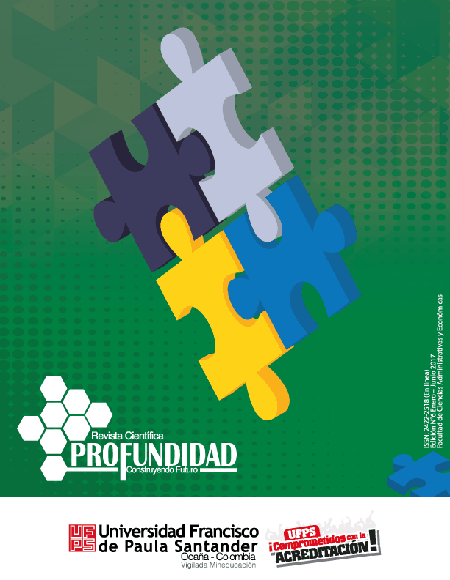The evaluative teaching practices and the formation of socialimaginaries in primary school teachers, school Our Lady ofBethlehem
Las prácticas evaluativas docentes y la formación de imaginarios sociales en docentes de básica primaria, Colegio Nuestra Señora de Belén
Main Article Content
The present article reports on a research that proposed as a general objective to establish whether or notthere is a relationship between teacher evaluation practices and the way in which they influence the creation of socialimaginaries. For the development of the research, a qualitative methodology was taken into account, for which threeinstruments were used: a semi-structured interview applied to teachers, a classroom observation and a student survey.In order to analyze the information, a categorization and triangulation process was carried out, making use of the Atlas. ti software .It was concluded that the evaluation processes arestilltraditionaland that,although there is repeated talk of integral evaluation, it continues to focus on the cognitive. Similarly, in terms of the general objective, to knowif there is a relationship between the form of evaluation, teachers avoid the question and recognize that many of their practices are influenced by the way they were evaluated,but at no time do they recognize that their for mofevaluation can contribute to students changing their view of the world
Downloads
Article Details
Alvarado, P. K. A., Correal, M.L.M. (2008). Imaginarios sobre la evaluación de los aprendizajes en docentes de matemáticas del primer semestre de la Facultad de Ingeniería de la Fundación Universitaria Los Libertadores. Universidad de la Salle.
Farran, N. H., y Torrecilla, F. J. M. (2017). Las concepciones sobre el proceso de evaluación del aprendizaje de los estudiantes. REICE: Revista Iberoamericana sobre Calidad, Eficacia y Cambio en Educación, 15(1), 107-128. DOI: https://doi.org/10.15366/reice2017.15.1.007
Lorenzo, C. R. (2006). Contribución sobre los paradigmas de investigación. Educação. Revista do Centro de Educação, 31(1), 11-22
Perassi, Z. (2014). Las prácticas evaluativas de docentes en ejercicio. Escuela" innovadora" vs. Escuela" tradicional". Alteridad, 9(1), 44-55. DOI: https://doi.org/10.17163/alt.v9n1.2014.04
Ritzer, G. (1993). “Teoría sociológica contemporánea”. México: McGraw-Hill/Interamericana de España. Capítulo 5. Interaccionismo simbólico.
Rodríguez, P.A. (s.f.). Paradigma Interpretativo en Investigación: Características, Autores Importantes y Ejemplos. Disponible en: https://www.lifeder.com/paradigma-interpretativo-investigacion










